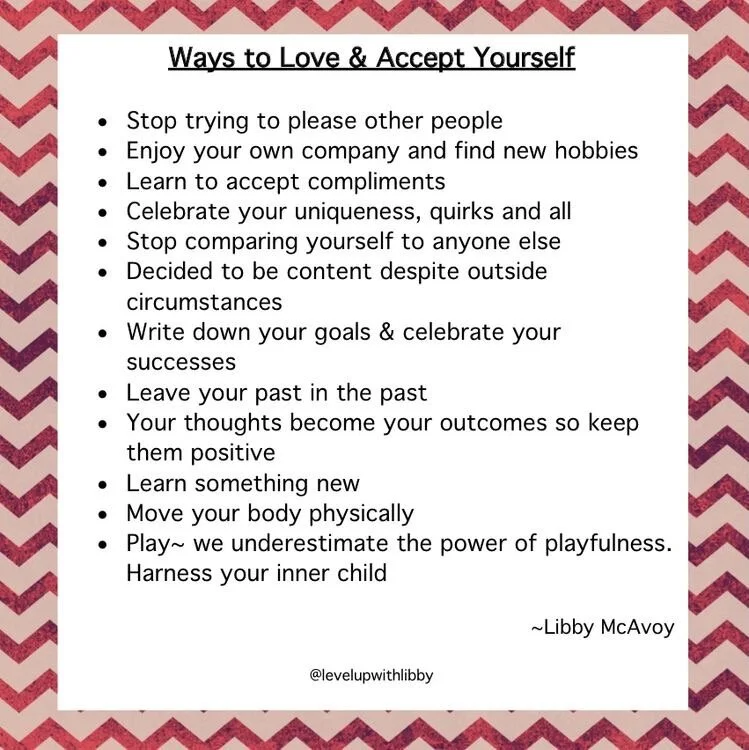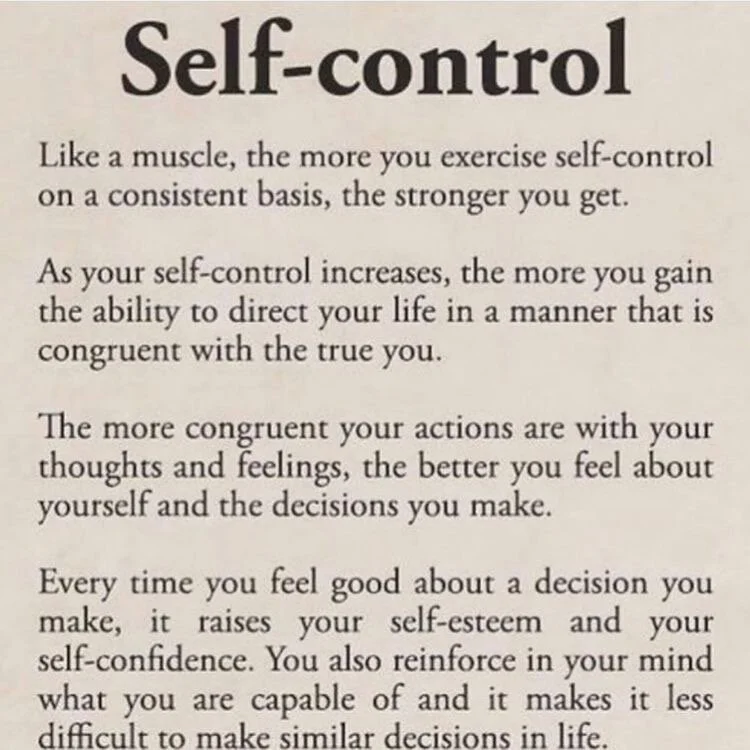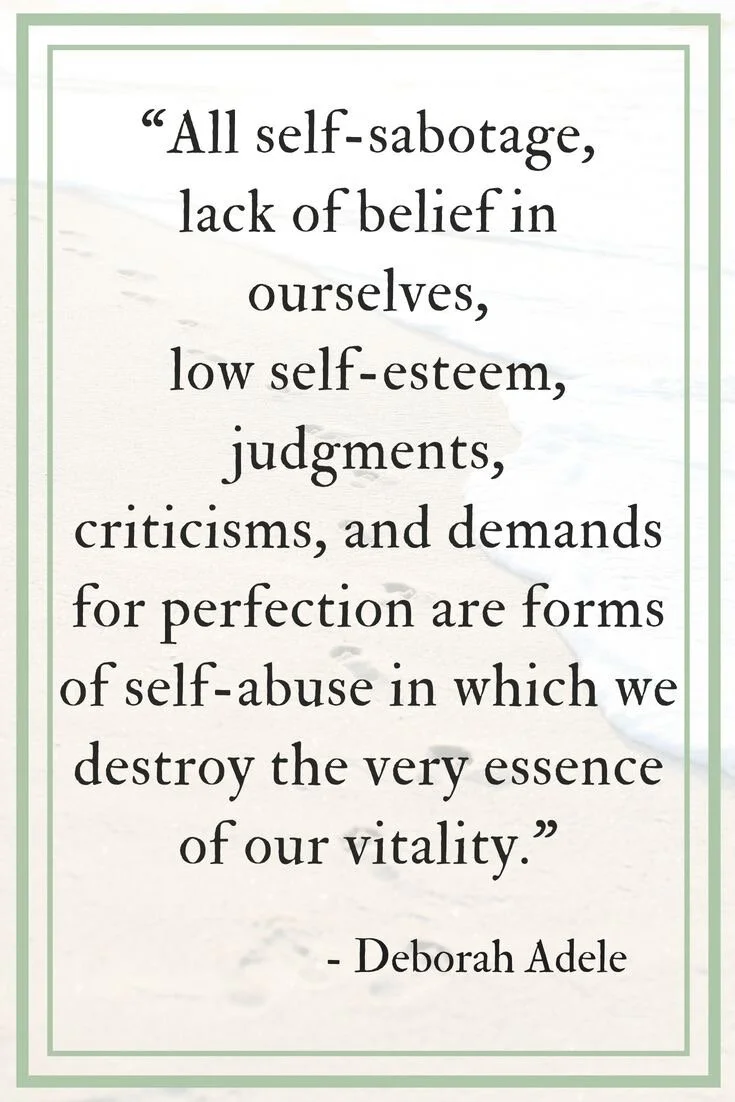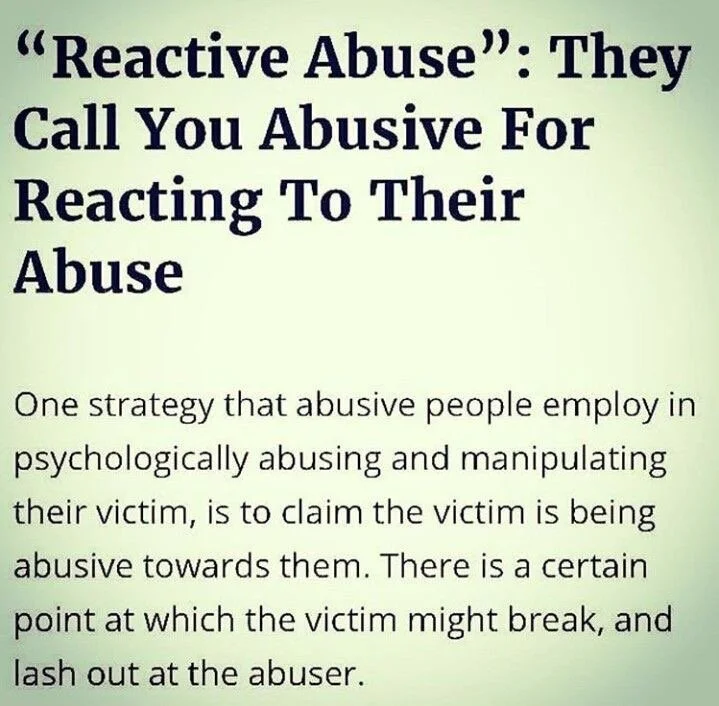What is Self-Sabotage?
Self-Sabotage is, by definition, the act of preventing yourself from achieving something you want to accomplish either consciously or subconsciously. This can happen in the physical form of harming oneself by cutting or substance abuse, or in mental form such as lashing out in anger or procrastinating. It affects personal relationships, business, family, athletic goals and personal wellness.
When I was recovering from P.T.S.D. I thought I was doing really well, but my relationships kept failing. I would do this strange push pull, pulling them in and pushing them away to isolate myself. I didn’t even understand at the time why I was doing it. Looking back, I realize that I was scared that they would see my flaws and insecurities and not fully accept me. The other big part to my story was that I had never been on my own. I went from living with my parents to getting married. So, in order to really show up in my own life and figure out who I was, I needed time to be independent and free from a relationship. I needed to know that I could really survive on my own. Sometimes, when we are going through something we cannot possibly understand what is happening or why. We simply have to trust and accept the process and know that everything happens for the reason. When I saw my self-sabotaging patterns, I began to study my own behavior, work on my own self-love, and break that cycle.
Why do we Self-Sabotage?
We self-sabotage for many reasons, but the most obvious is that it creates an emotional mask. This does two things. It protects us from feeling uncomfortable emotions, but it also protects the one’s we love the most from seeing our worst qualities, or so we think. It is a protection mechanism, but in most cases it backfires and our loved ones end up walking on eggshells not understanding why we are pushing them away. It goes back to the lessons in “cause and effect” from grade school, where when an egg is under pressure it will eventually crack and break. When we put too much pressure on relationships they too will snap. By self-sabotaging we end up destroying the relationship we desire the most. We fear being rejected or abandoned, or we fear being unlovable and when we live in this fear-based vibration we attract those negative qualities rather than that which we truly want to manifest which is acceptance, control, love, and happiness.
What Causes Self-Sabotage?
Patterns in childhood
Past relationship dynamics
Fear of failure
Need for control
Choosing consistency over happiness
Fear of rejection
Common Self-Sabotaging Behaviors or Examples
Cutting
Substance Abuse
Stress Eating
Chronic Lateness
Sleep disorders
Lashing out in anger
Isolation
Procrastination
Blaming others when things go wrong
All or nothing thinking
Wasting time re-doing and perfecting tasks
Points out everyone else’s flaws
How to stop Self-Sabotaging Behavior
Be aware of the self-limiting behaviors when they show up and watch for repetitive patterns. Take full responsibility for your life and decide to create the life you love. Start by accepting yourself exactly where you are. Learn to love yourself and build your self-esteem. Forgive your past so that you are free to move forward. Holding grudges and harboring shame will only damage you and keep you in that negative energy spiral that you do not deserve. Instead, try positive affirmations to continue attracting what you do want, need, and deserve such as, “ I am good enough,” “I am wanted,” “I am valued.” Choose to participate in activities you enjoy that encourage your personal growth and self-esteem. Surround yourself with people who support and inspire you.
Develop self-care and self-soothing routines for times when anxiety is super high, or you feel triggered. Having a plan will help avoid self-sabotaging. Some ways you can self soothe quickly when triggered are listening to music, going outside, going for a walk or run, or calling a loved one. Setting firm boundaries will also help create safety and security.
If you are on the receiving end of someone you love who is showing signs of self-sabotage try to assure them of your love. Set your own personal boundaries and protect your energy. Respond rather than reacting and when provoked by reactive abuse take your power back by simply remaining silent because in that moment, elevating the argument will do no good. In fact, you will in many cases feed into your loved one’s biggest fear which is the fear of rejection and feeling unloved. So, as hard as it may be, bite your tongue and save your sanity. Practice self soothing techniques and take care of yourself.
Self- sabotaging people are not necessarily abusive, but in many ways they mimic the characteristics of narcissists.
You deserve to live the life you love. It is all on the other side of fear, otherwise known as your self-limiting beliefs. Choose to love yourself and then lean into that fear when obstacles arise. Choose courage and overcome each hurdle. You will gain strength and become more self-reliant, more courageous, more resilient, and content. As a result of staying focused on what you do want, and having a clear vision of that, you will start to attract abundance in all areas of your life. So, dream really big and believe in yourself.
Respectfully Yours,
Libby
P.S. Just a reminder this is Mental Health Awareness Month so practice awareness of how you are feeling and take the time to practice self care. I hope to see my Cincinnati supporters on the 26th at The Cincinnati Nature Center for our LIVE Workshop to Reduce Stress and Anxiety! It will be a combination of gentle yoga, as well as tips for managing anxiety and how to respond rather than react to triggers as they arise. I am looking forward to traveling and doing more workshops across the country so if you are interested in joining me please reach out and let me know! Meanwhile, thank you for taking the time to read my blog and please, stay well!





